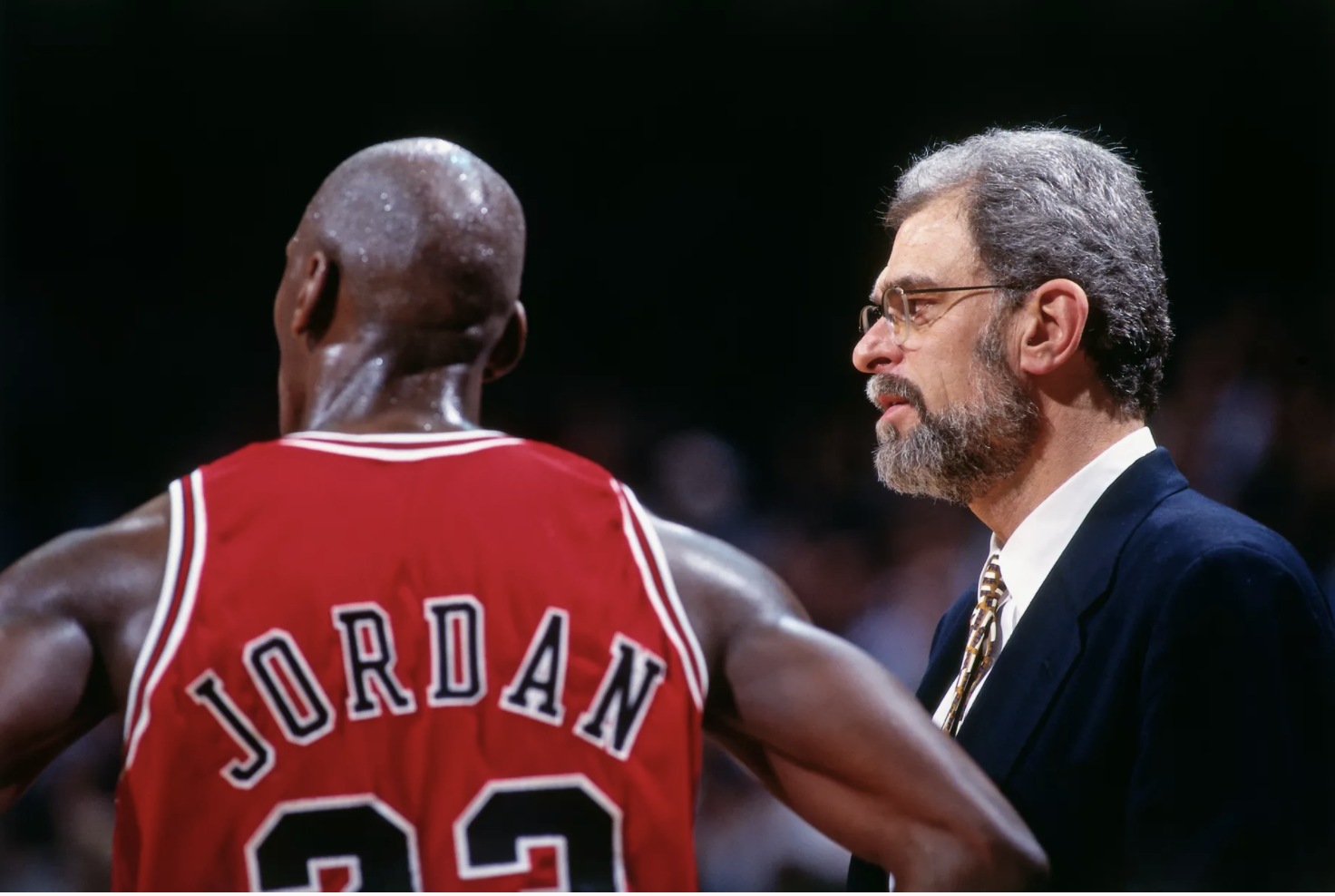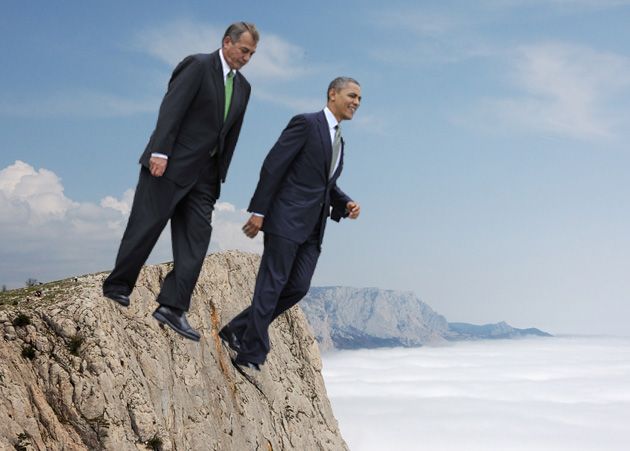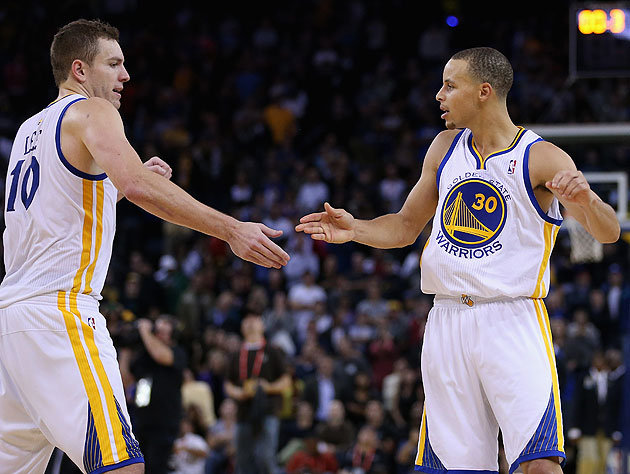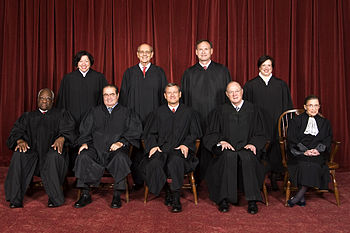When I was born, way back in 1996, Michael Jordan had just returned to the NBA after a stint in baseball. He had already won three straight titles before the doctor slapped my butt. I didn’t see him drop 63 in the Boston Gardens. I couldn’t witness him overcoming the Pistons or the mountain he climbed to beat them. I didn’t see his game-winning shots or his captivating dunks or his mass celebrity appeal.
So, Jordan never really did it for me. I’d heard the stories of Jordan and the Chicago Bulls. I’d seen Space Jam. I knew about his shoes. But he didn’t mean much. He didn’t move me, The earliest I could remember seeing Jordan play, he was wearing No. 23 for the Washington Wizards. Not the Bulls.
It was Jordan, the player I’d always heard about, so I was tuned in at the beginning of the 2001-02 season. I was still really young and just getting into sports. But I vividly remember him with the Wizards.He came out of retirement, again, at a gritty age 38. He was still pretty good for an old man.
In June 2003, the heir apparent to Jordan was drafted out of high school. He became for me what Jordan was to the generation before me. Lebron James was my hero. I watched his entire career. I’d argue Lebron over Jordan any day of the week.
Then Stephen Curry captivated me like no other athlete before.
But after watching the first two episodes of The Last Dance, the highly anticipated documentary about the 1997-98 Bulls, I understand why Jordan loyalists are so adamant and get so heated. Especially when I declare LeBron James as the greatest ever. But after seeing 20 percent of the 10-part series, this documentary is a revelation.
Jordan looked incredible. How crazy he was athletically, how creative he was with the ball in his hands, how he elevated the sport and prompted an entirely different crowd to fall in love with basketball. Watching the way he was revered, how giant he seemed in those days, reminded me of the Curry mania. I saw people comparing him to Jordan, but I didn’t truly comprehend why.
As one who didn’t get to live through the Jordan Bulls’ dominance, as one living on the legends passed down, something definitely gets lost. Family members and other old heads proclaimed he was the greatest thing they’ve ever seen and that his dominance was unmatched. I saw the numbers. I saw some footage — Hardwood Classics and YouTube videos. But I didn’t experience it. All Jordan was for me was dope shoes I couldn’t afford.
ESPN dropping the documentary during quarantine, when the world is standing still, was perfect. It was the ideal time for me to immerse myself in the Jordan phenomenon. So, obviously, I was locked in for “The Last Dance.”
And the highlight was seeing a young Jordan. He was like Jesus in sneakers. You can tell from just watching the videos he was just different. He moved with a grace and power unmatched by anyone. Ridiculously athletic. The ability to speed past everyone on the court and leap in the air, seemingly hanging forever. He would stand out right now, when the league is full of ridiculous athletes. So definitely in the 80s and 90s, Jordan must have felt like he was from another planet. And the way they were already raving about his work ethic confirms his uniqueness. That was a story I’ve heard before, how his work ethic was insane. Didn’t he play pickup basketball without drinking water or something crazy?
James Worthy — a seven-time All-Star, three-time champion and Hall of Famer — was an upperclassmen when Jordan came to the University of North Carolina as a freshman. When Worthy said he was better than Jordan “for about two weeks,” it was like whoa. Worthy bowing down like that to a freshman? The doc detailed how Jordan would drag dead-tired teammates into games of one-on-one just so he could get better. Seeing how he worked, how he dominated, was enlightening.
Larry Bird, by all accounts, is one of the greatest players ever. His legend is so strong, 20 years after he finished playing the book on him is still unanimous that he was incredible. His nickname is Larry Legend. He was on the documentary talking about Jordan’s jaw-dropping performance against the Celtics when he averaged 43.7 points, 6.3 rebounds and 5.7 assists. He really describe Jordan by saying, “It’s just God disguised as Michael Jordan.”
Watching how Jordan changed the game entering the NBA reminded me of how I’ve seen that before. Curry, of my hometown Golden State Warriors, dominated the league and altered how the game was played. For decades, the NBA was all about the two-point shot and attempts at the rim were the most efficient and sought-after shots. Curry made the three-pointer the deadliest weapon in the NBA and made being further from the basket the most-sought after shot.
I will never forget Curry tearing the Denver Nuggets up in his first playoff series and pushing NBA finals contender San Antonio Spurs in his second. It pushed Curry towards superstardom. I remember the sheer awe I experienced watching him get two MVPs and three championships. So I actually understand the rabid fandom of Jordan much better. That part where they went to Paris for a preseason game and he dominated all the attention, it was akin to Curry going to China and Japan and getting swarmed by diehards. It is clear after two episodes what he actually meant to people who lived through his era. Jordan was an insane talent.
Reportedly, the documentary took so long — they’ve had a lot of this footage since 1998 — because Jordan was waiting for the right time and the right partner. Also, he demanded it not be a documentary about just him, but the whole team. It’s clear through the first two episodes that Jordan is the focal point.
The parallels between Curry and Jordan help me better understand Jordan. They are on completely different ends of the spectrum when it comes to athleticism, personality and pretty much anything you can name. But there are two big things that really tie them together from what I know of Curry and what I’m seeing in this documentary.
One of them was when Jordan was drafted and centers said he was too small to carry a team. At the time, big men and strength was king. Jordan went No. 3 in the draft because two centers were taken first. Hakeem Olajuwon, who is a Hall of Famer, and Sam Bowie, who was a bust. That Portland took the taller Bowie showed how it was at that time. A 6-foot-6 shooting guard wasn’t as valuable as a 7-footer. The stats don’t tell you that. I understand the odds Jordan defied by thriving in that era because Curry was also said to be too small.
The other similarity is the work ethic unlike Jordan, Curry didn’t have incredible athleticism to compensate for his lack of size. He just the most accurate outside shot in history and he just worked harder than everyone to make the most of his talent and became the NBA’s first unanimous MVP. It always frustrates me how people overlook Curry’s work ethic and his drive. They say he’s just a shooter but that man has a drive that is unbelievable and it turned him into a legend. So to hear how blown away Jordan’s peers were about his work ethic, I can respect that.
Getting a chance to see Curry first and now having a point of reference as I learn more about those Bulls teams has given me a different viewpoint of Jordan. “The Last Dance” is giving myself and others from my age bracket a much-needed chance to experience the real Jordan as best we can. Not in social media debates and sneaker releases, but to see behind the scenes of what it was like back then. This look into the whirlwind of their dynasty, to witness how all these people from that era are losing their minds for a peek, is really something to see. I already have a newfound level of respect for Jordan.
And I still have eight episodes left.
Devin Bradshaw is the editor in chief of The Express. Follow him @DevinBradshaw_.





